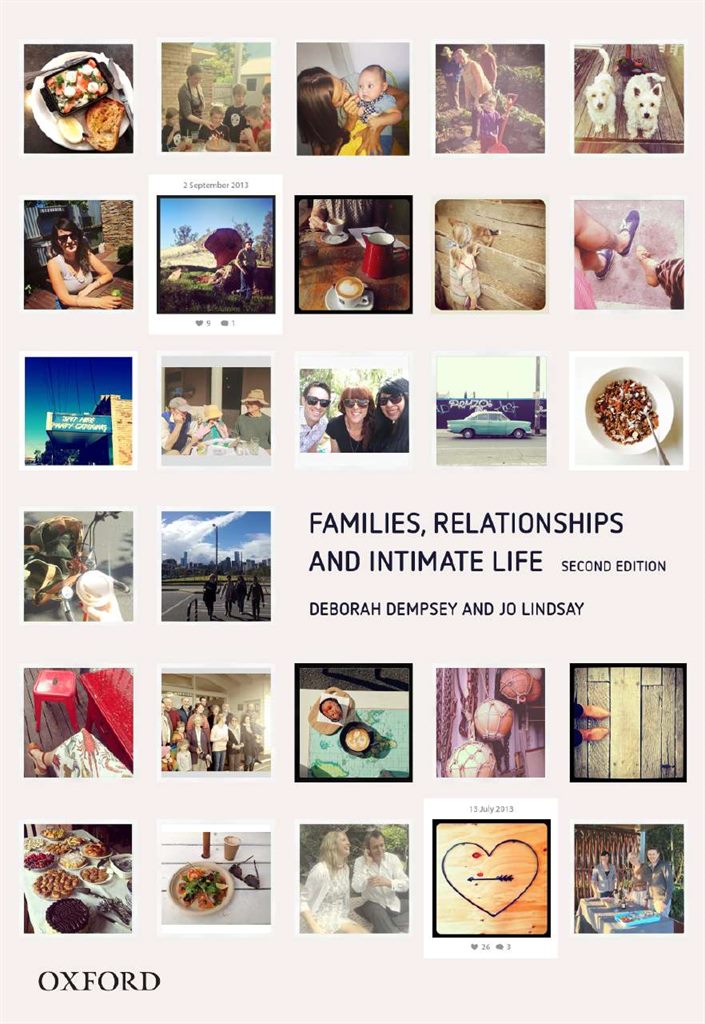Families, Relationships and Intimate Life eBook

Families, Relationships and Intimate Life eBook
|
ISBN: |
9780195597066 |
|
Binding: |
Ebook |
|
Published: |
20 Sep 2014 |
|
Availability: |
Available
|
|
Series: |
$67.95 AUD
$77.99 NZD
Add To Cart Add To CartOther options: Paperback $74.95 AUD $85.99 NZD Ebook Rental $36.95 AUD $41.99 NZD
Request an inspection copyDescription
Families, Relationships and Intimate Life, Second Edition is a thorough exploration of the controversies, contradictions and broad patterns that characterise contemporary relationships and families. Beginning with the conceptual scaffolding of families in their historical and cultural context this text includes the key cultural differences of ethnicity, class and sexuality. Theoretical perspectives including functionalism, feminist approaches and reflexive modernisation are also clearly outlined. Once the groundwork has been established this book delves into examining the complexity of contemporary family life, covering key elements in the life course - childhood, youth, partnering, parenting and ageing and both the positive and negative sides of family life including intimacy and violence. This edition has been extensively updated with contemporary examples from pop culture and current affairs and incorporates developments currently reshaping families including new technologies and social mobility.
New to this edition
- More material on culturally diverse and transnational families, adoption and surrogacy
- New emphasis on social media and mobile phone use throughout
- New theoretical perspectives on family relationships
- New discussion on child abuse and elder abuse in Chapter 12: Violence in Intimate Relationships
- Updated discussion questions, contemporary examples and further reading
Contents
Authors
Deborah Dempsey - Senior Lecturer, School of Arts, Social Sciences and Humanities, Swinburne University
Jo Lindsay - Associate Professor, School of Social Sciences, Monash University and President of the Australian Sociological Society
Sample Pages
Read a sample chapter from Families, Relationships and Intimate Life: